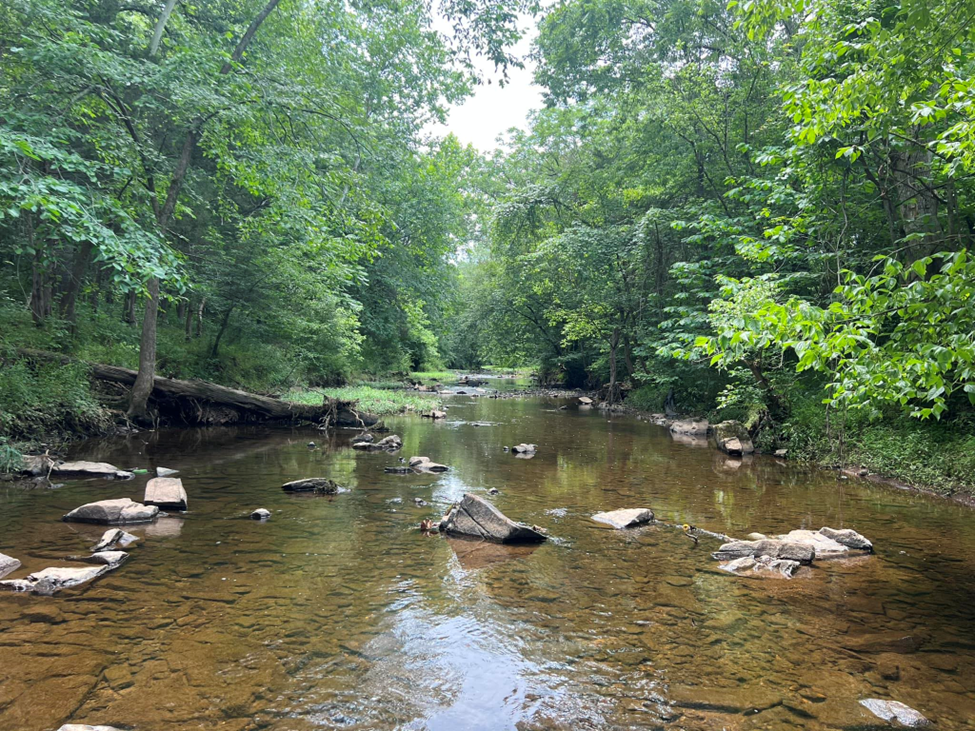Creating Your Dream Farmette: Why Northern Virginia is Perfect for Small-Scale Homesteading
- Cold Spring Realty LLC

- Sep 15, 2025
- 3 min read
For those dreaming of a simpler, more self-sufficient life, establishing a farmette or homestead in Northern Virginia’s Blue Ridge, Piedmont, or Shenandoah Valley offers an ideal blend of opportunity and charm. These small-scale farms, typically 5 to 20 acres, are perfect for growing your own food, raising animals, or embracing a sustainable lifestyle. Here’s why Virginia is prime for homesteaders and what you need to know to get started.

The Appeal of Farmettes in Northern Virginia
Northern Virginia’s diverse landscapes, from the fertile soils of the Shenandoah Valley to the rolling hills of the Piedmont, provide a perfect backdrop for small-scale farming. Recent data from the Virginia Department of Agriculture shows a 10% increase in small farms under 50 acres statewide, driven by growing interest in local food production and sustainable living. With proximity to urban markets like Washington, D.C., homesteaders can enjoy rural tranquility while accessing robust local economies for selling produce or artisan goods.
The region’s climate is another draw. With mild winters and long growing seasons, you can cultivate a wide range of crops, from heirloom vegetables to fruit orchards, and raise livestock like chickens, goats, or even alpacas. Plus, communities in places like Clarke or Fauquier Counties are known for their farm-friendly ethos, with local cooperatives and farmers’ markets fostering a supportive network.
Key Considerations for Your Farmette
Starting a homestead requires thoughtful planning, but the rewards are immense. Here are essential factors to consider when choosing a property:
Land Size and Features: A 5- to 20-acre parcel is ideal for a farmette, offering enough space for a garden, small livestock, and a home. Look for properties with flat or gently sloping land, good drainage, and access to water sources like wells or streams.
Soil Quality: Northern Virginia’s soils vary, but many areas, like the Shenandoah Valley, boast loamy soils perfect for gardening. A soil test can confirm fertility and crop choices.
Water Access: Reliable water is critical for irrigation and livestock. Properties with existing wells or creeks are a plus, but be sure to check water rights and availability with local authorities.
Zoning and Regulations: Most rural areas in Northern Virginia fall under A-1 (agricultural) zoning, which permits farming and livestock. However, verify restrictions on animal numbers or structures with the county zoning office.
Infrastructure: Consider properties with existing barns, fencing, or outbuildings to save on setup costs. Proximity to roads ensures easy market access.
Steps to Start Your Homestead
Define Your Vision: Are you focused on vegetable gardening, poultry, or a mix of enterprises? A clear goal shapes your property search and setup. For example, a 10-acre lot could support a market garden and a small flock of chickens.
Learn the Basics: If you’re new to homesteading, tap into local resources like Virginia Cooperative Extension workshops or online courses on small-scale farming. Topics like composting, animal husbandry, and permaculture are great starting points.
Budget Wisely: Farmettes are more affordable than large farms, but plan for initial costs like fencing, seeds, or livestock. USDA programs, such as microloans or grants for beginning farmers, can help offset expenses.
Connect with the Community: Join local homesteading groups or visit markets like the Winchester Farmers’ Market to network with other farmers and learn what sells.
Why Now is the Time
The demand for local, sustainably grown food is skyrocketing, with Virginia’s farmers’ markets reporting a 12% sales increase in 2024. A farmette lets you tap into this trend, whether selling eggs, honey, or heirloom tomatoes. Beyond economics, homesteading offers a fulfilling lifestyle, think fresh produce from your garden, eggs from your hens, and the satisfaction of self-reliance.
Northern Virginia’s rural areas also offer long-term investment potential. As urban sprawl pushes outward, well-maintained farmettes are increasingly valued for their dual appeal as homes and productive land. Properties in counties like Loudoun or Warren are particularly attractive, balancing rural charm with access to modern amenities.
Finding Your Perfect Farmette
Choosing the right property is the first step toward your homesteading dream. Look for land with a mix of open and wooded areas for flexibility in farming and privacy. As a local real estate professional familiar with rural properties, Cold Spring Realty LLC can help you navigate zoning, assess land features, and find hidden gems suited to your vision.
Northern Virginia’s farmette-friendly landscapes are calling. Whether you’re planting roots for a sustainable future or seeking a peaceful retreat, a small homestead here offers endless possibilities. Start exploring today and let the land inspire your next chapter!





Comments